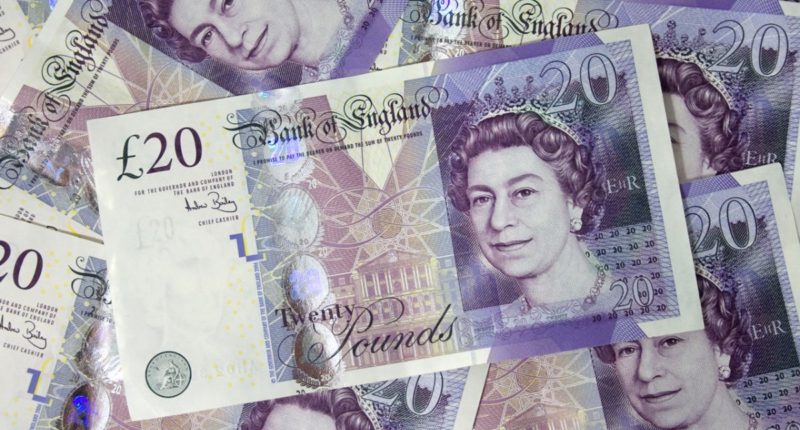Following the death of Queen Elizabeth II, the Bank of England has postponed a major interest rate decision.
Why this is happening
The Bank was largely expected to raise interest rates on Thursday. But following the death of Britain’s longest-reigning monarch, various public bodies have changed their plans for the coming week.
Why this matter
Economists predicted that the Bank of England would raise interest rates to 2.25%, the highest level since December 2008.
In an attempt to keep skyrocketing prices under control, the Bank hiked interest rates by the greatest margin in 27 years last month. It also forecasted that the UK economy would enter a slump later this year.
The economic effect
Higher interest rates can make borrowing more expensive, resulting in fewer individuals having money to spend and prices not rising as quickly. Some dispute the effectiveness of UK rate increases in the face of global inflation.
When the lockdown was lifted and the economy began to recover, energy prices skyrocketed. They have risen further as Russia has drastically reduced its gas deliveries to Europe. It has caused gas prices to rise across the continent, especially in the United Kingdom, with significant consequences for consumers.
With inflation reaching 10.1%, prices are rising at the quickest rate in 40 years.
Moving forward
The Monetary Policy Committee’s conclusion will now be revealed at 12:00 on September 22nd.
Digging Deeper
Liz Truss and the struggling UK economy
In an effort to avoid widespread hardship, the prime minister declared on Thursday that the government will limit energy bill increases for all households for two years.
Prime Minister Liz Truss is set to borrow billions of dollars to reduce the projected significant increase in energy prices for consumers and businesses. A typical household’s gas and electricity bill is currently set to climb from £1,971 to £3,549 in October but by 2024, the average home energy bill will be capped at £2,500 per year.
Analysts estimate that the massive support scheme may cost up to £150 billion, but Ms Truss said in launching the package that “extraordinary times call for exceptional measures.”
Further details are due by the end of the month, when the chancellor is expected to clarify the level of borrowing required and any additional tax measures he considers necessary to fund the package of support.
It is uncertain how long the government assistance will extend, but the full government assistance package is likely to be worth roughly £100 billion. The final sum will be determined by changes in gas and energy prices in the very volatile international energy markets, as well as how much more assistance is provided to the most needy.
However, the government is said to be hesitant to see money added to customer bills for up to 20 years in order for energy companies to repay the loans.
Given its promises to be a tax-cutting government, it is also expected to be hesitant to add the expense to general taxation. So, it is expected that customers will not be required to reimburse the government’s bill subsidies, according to the government’s plans.

